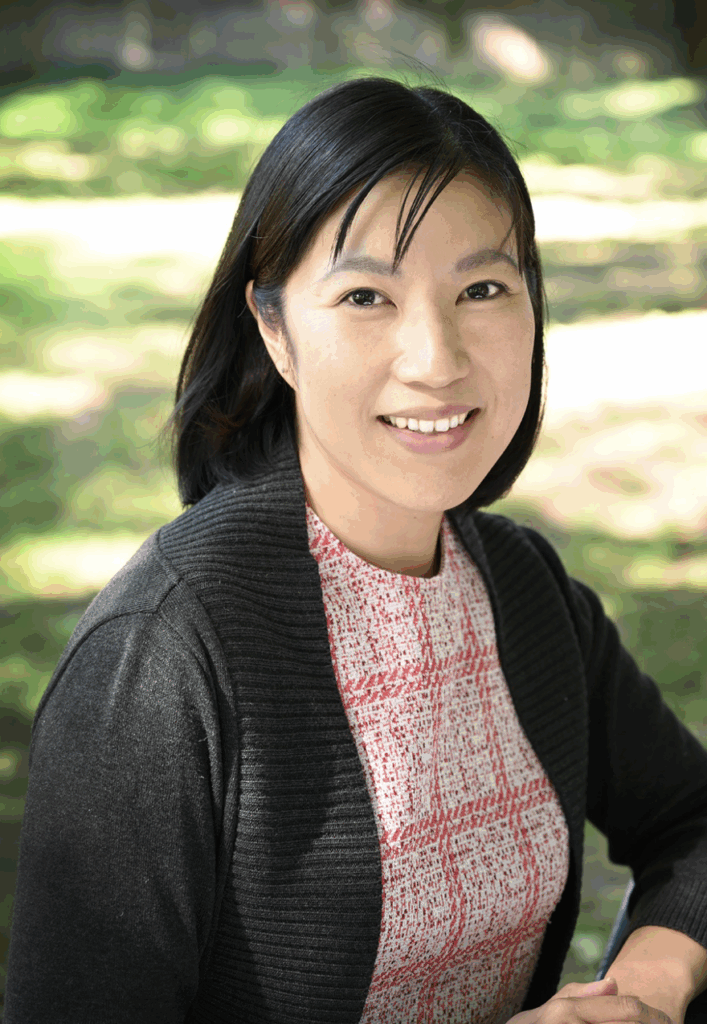Izumi Niki is a Ph.D. student at the Department of Sociology, University of Toronto, and a Registered Social Worker in Ontario. Her research interest is in paid and unpaid care work, gender, immigration policy, and anti-oppressive practice, especially in Japan and East Asia. She is a Research Assistant with the Care Economies in Context project.

How did you first become interested in your area of research?
I am currently researching ethnocultural long-term care in Canada. In this multicultural nation, I am investigating not only the meaning and significance of providing care that aligns with cultural backgrounds, religion or languages but also the various challenges, worker (dis)satisfaction, and the dilemmas faced in the practice.
My journey of researching care started from the concept of emotional labour. Like many researchers, my research interest started from something deeply personal: my mother. She was a nurse and a strict mother at home. However, when I visited her workplace, the hospital (I was sick, and she took me there since she couldn’t take a day off), I witnessed her being incredibly warm and kind to patients. It felt as though she had a split personality! Much later, as a university student, I decided to research the emotional labour of people working in elder care. During the research, as I spoke to people working in care, I found their work incredibly compelling. I intuitively thought, I want to try this myself. Therefore, around the time when I finished my master’s program, I started working in this field without any qualifications. That’s how I got sucked into the “quagmire” of care research and practice. Even now, I continue to discover the joys (and challenges) of care work.
What challenges have you encountered through your research?
I have worked in caregiving roles in both my home countries of Japan and Canada. In Japan, I worked in group homes for people with dementia and provided in-home care services. In Canada, I worked in nursing homes doing recreational activities. Through my caregiving work, I began to deeply ponder the question, “What is care?”
The challenging aspect of research in the care field is that it is broad and cross-disciplinary. Beyond policies, emotional labour, and skills, numerous points must be considered structurally. Why are women and immigrants so prevalent in care work? Why is the pay so low? What defines “quality care”? What constitutes caregiving skills? These questions require not only analyzing the current situation but also examining it through critical thinking. Furthermore, we must devise new policies with a forward-looking perspective. That is what I find challenging.
What is something surprising that has emerged during your research?
Through my research and work in care, I’ve learned that care settings possess the power to heal people. While the common perception might be that caregivers heal recipients, I’ve come to understand that caregivers themselves can be healed through these relationships. For instance, many caregivers report being healed or encouraged by older adults they care for. We also often hear stories of parents growing through the process of raising children. Through introducing the concept of connective labour (Pugh 2023), I wish to investigate this relationship more deeply: what makes it possible, and what challenges exist.
Pugh, A. J. (2023). Connective labor as emotional vocabulary: Inequality, mutuality, and the politics of feelings in care-work. Signs: Journal of Women in Culture and Society, 49(1), 141-164.
What do you wish the general public knew about your research, and what would you like them to do with this knowledge?
Many people may not be interested in care, or may think the care industry has nothing to do with their own work. But I want you to understand that humans cannot live without care. From birth to death, no one goes without care. Today, care happens essentially within homes and facilities, often invisible to outsiders. Yet care that sustains lives and keeps society functioning occurs everywhere. I believe care forms the very foundation of human activity. We must reexamine the structure where immigrants and women bear the burden of care for low wages in many countries. Through investigating ethnocultural long-term care services in Canada, I wish to explore the larger meanings and significance of care and caring as a means of sustaining society.
You can find my work at: https://izuminiki.mystrikingly.com/
Related Profiles
-

Izumi Niki
Trainee

